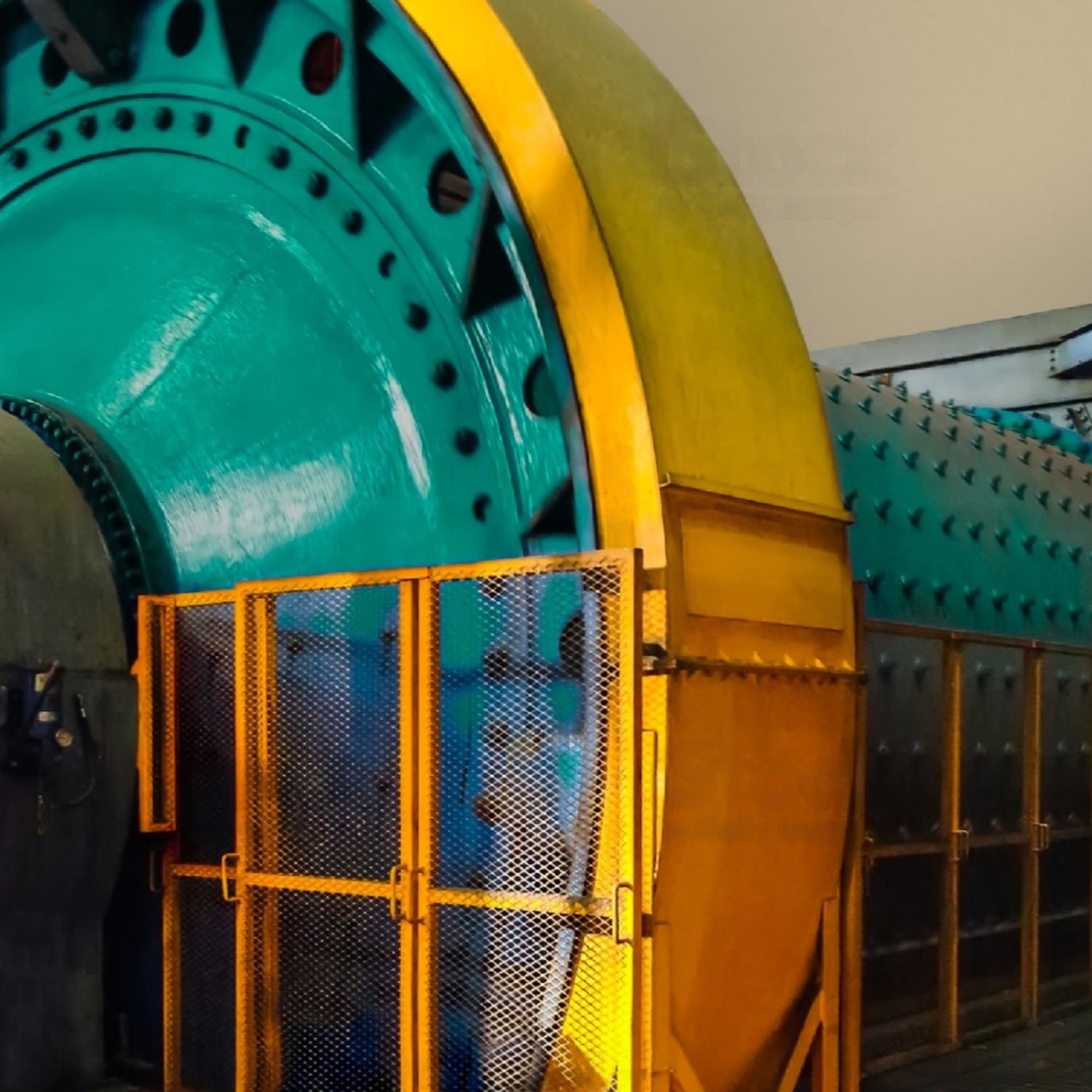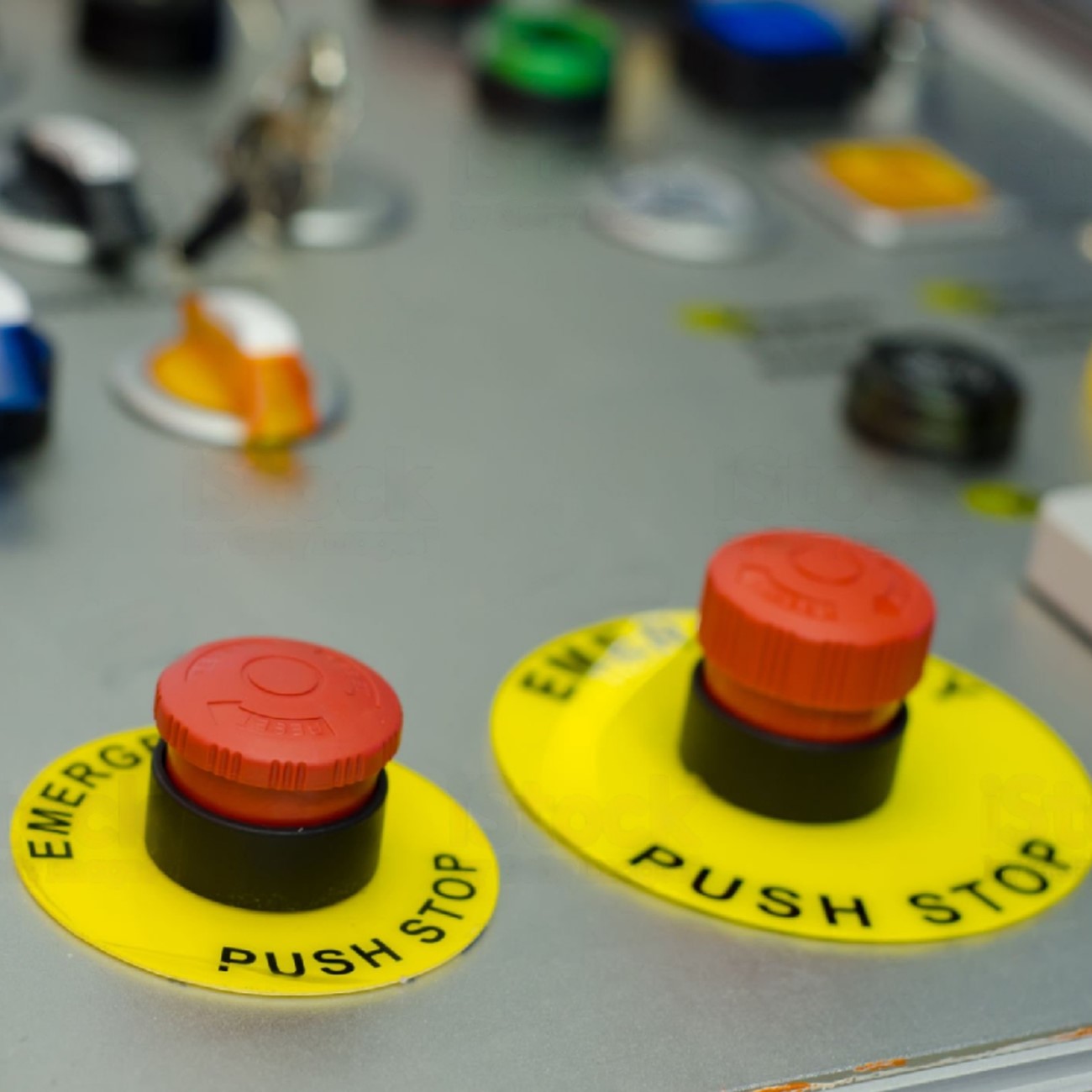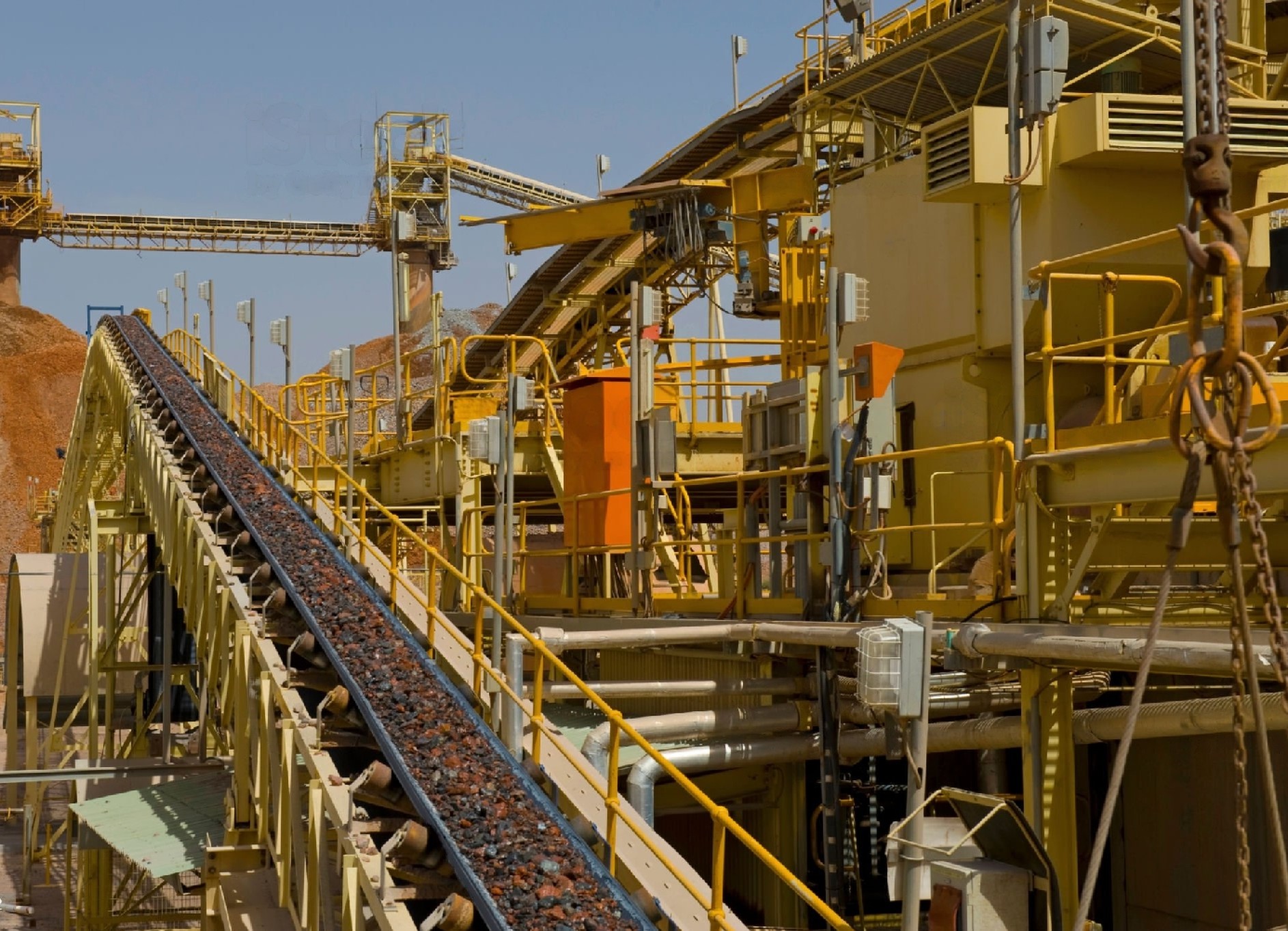
Industrial Construction and Piping Solutions
Industrial construction and piping are essential components of many manufacturing and production processes. Proper installation and maintenance of pipelines and related equipment can greatly impact the efficiency and safety of an industrial operation.
The construction of industrial facilities and piping systems involves a wide range of disciplines, including civil engineering, mechanical engineering, and electrical engineering. A team of experienced professionals is required to ensure that the project is completed on time and within budget while meeting the quality and safety standards.
One of the critical aspects of industrial construction and piping is the selection of appropriate materials. Depending on the type of process, the materials used in constructing the pipelines must be resistant to corrosion, wear, and high pressure. Proper insulation is also essential to prevent heat loss, maintain the desired temperature, and avoid energy waste.
Once the piping system is in place, regular maintenance is necessary to ensure that it is functioning correctly. Regular inspections and testing can detect any potential issues before they become critical problems. In case of any issues, the timely repair or replacement of the faulty components can prevent significant downtime and production loss.
In conclusion, industrial construction and piping play a crucial role in the success of any manufacturing or production operation. By selecting the right materials, proper installation, and regular maintenance, businesses can optimize their processes and ensure the safety and efficiency of their operations.
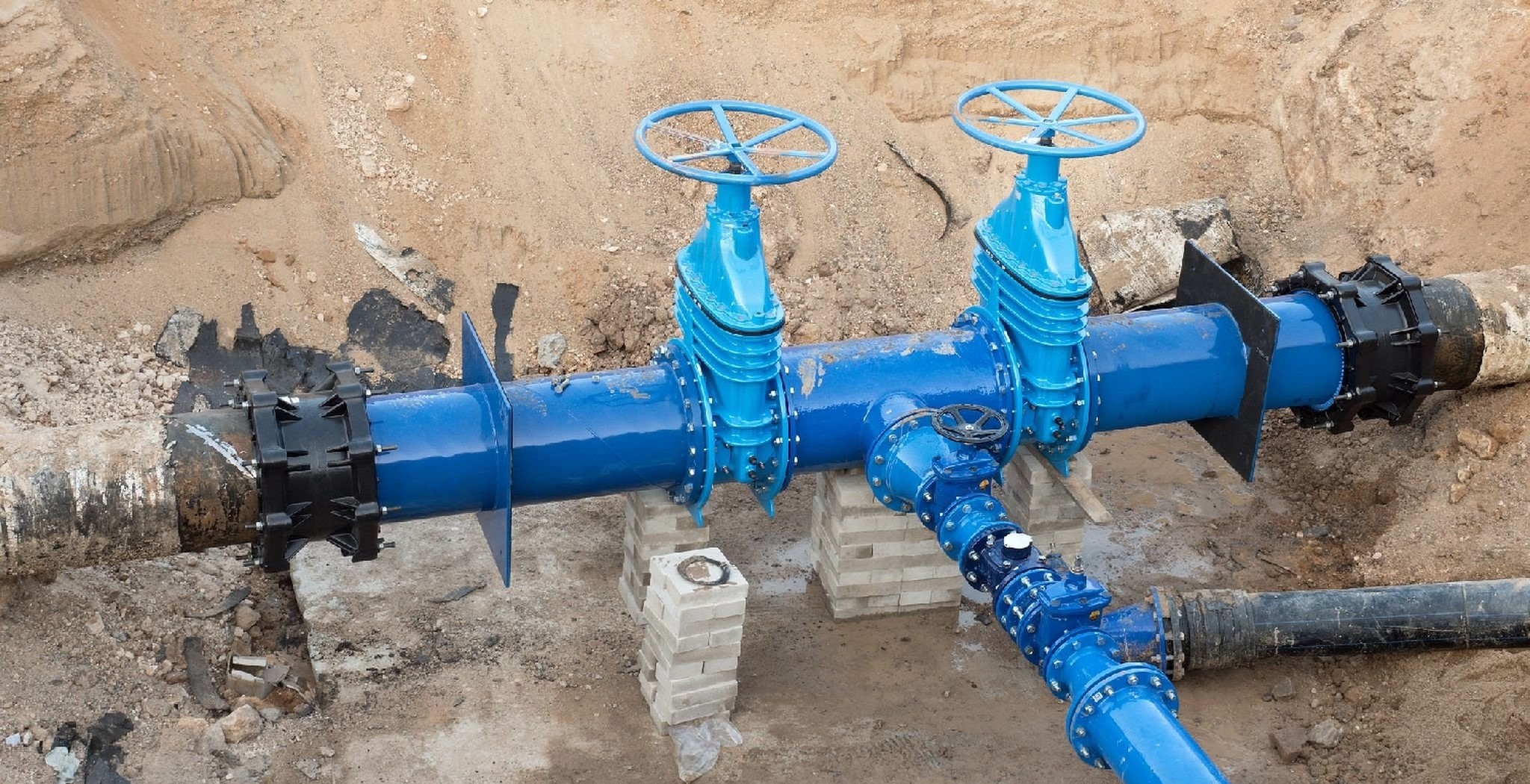
Pipeline Construction: Key Factors to Consider for Successful Implementation
Pipeline construction is a crucial aspect of many industrial projects, and it requires careful planning and execution to ensure success. Several key factors must be considered when implementing a pipeline construction project, including the terrain and environment, the type of materials to be transported, and the required flow rates. Other important factors include the project budget, regulatory requirements, and potential environmental impacts. Choosing the right construction method and working with experienced professionals can help ensure a successful pipeline construction project that meets all project requirements and provides reliable and efficient transportation of materials.
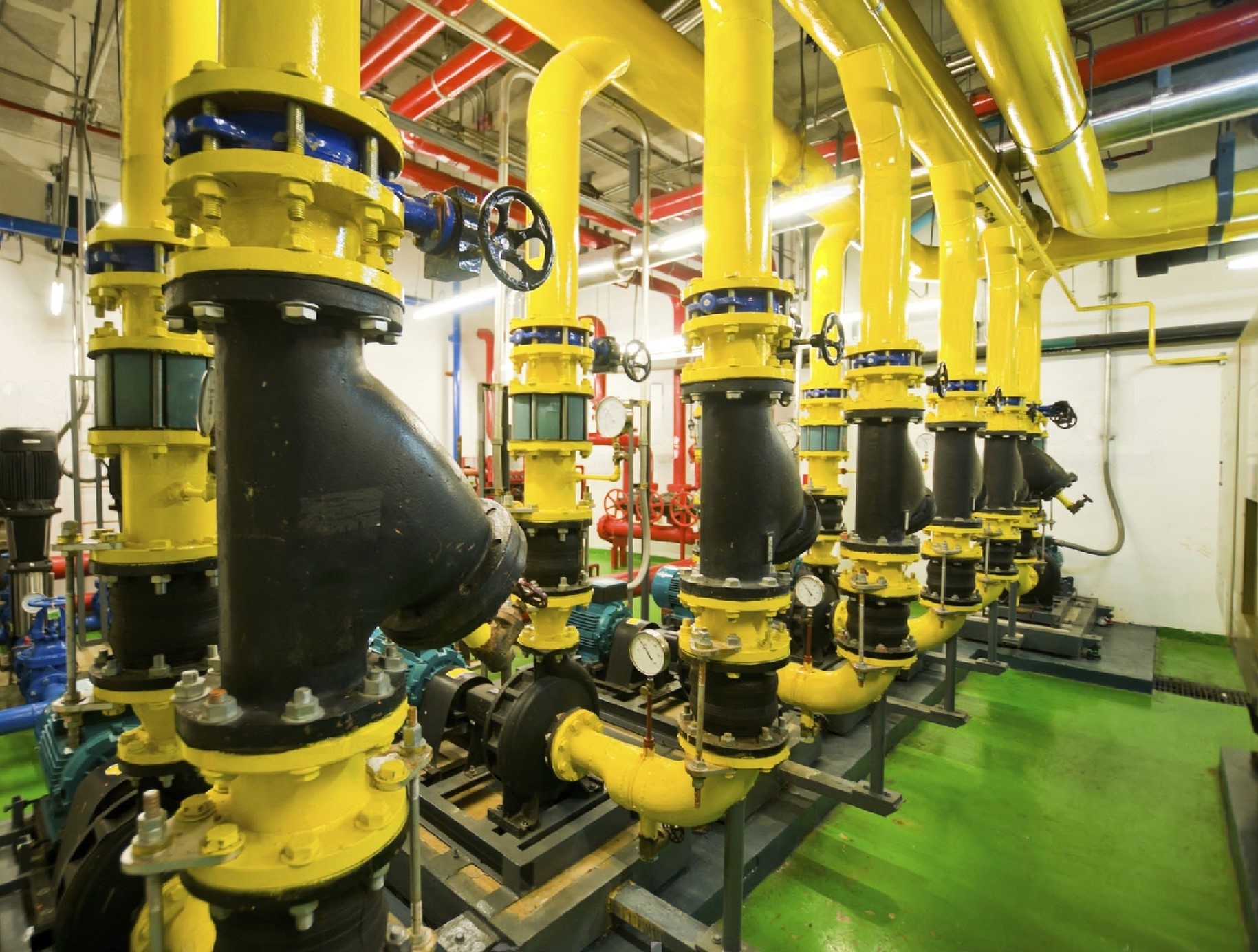
Pipeline Construction: From Design to Completion
Pipeline construction is a complex and challenging process that involves multiple stages, from initial design to completion. The success of a pipeline project depends on careful planning and execution, as well as compliance with safety and environmental regulations.
The design stage involves selecting the appropriate pipeline materials, determining the pipeline route, and conducting site surveys to identify potential obstacles or hazards. The construction phase includes excavation, trenching, welding, and laying the pipeline, as well as the installation of valves and other components. Once the pipeline is completed, it undergoes testing and inspection to ensure it meets regulatory standards and is safe for operation.
Successful pipeline construction requires experienced professionals, state-of-the-art equipment, and adherence to strict safety protocols. With proper planning and execution, a pipeline can provide a reliable and efficient means of transporting oil, gas, water, and other substances over long distances.
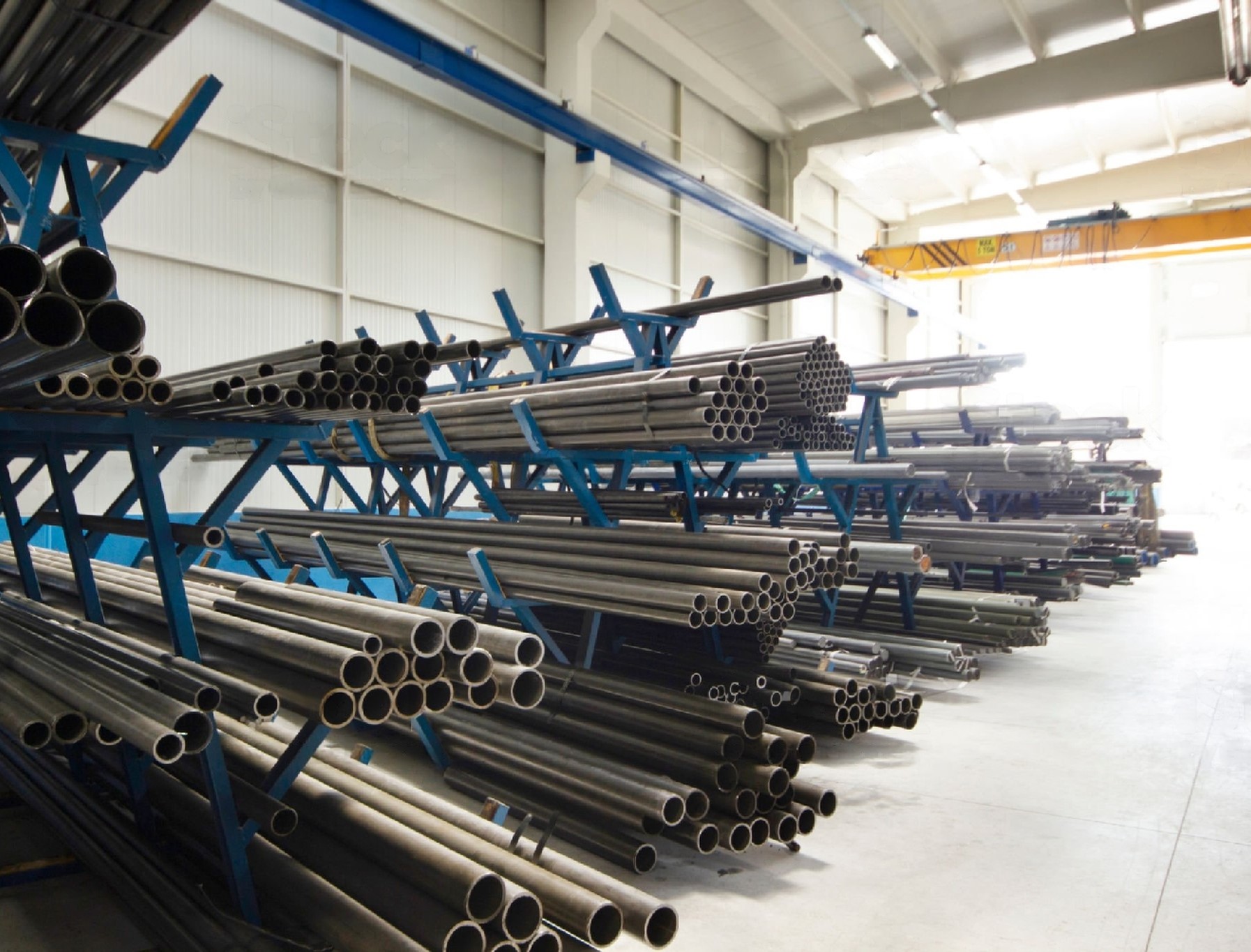
Pipeline Construction Safety Measures You Need to Know
Pipeline construction is a complex and challenging process that involves multiple stages, from initial design to completion. The success of a pipeline project depends on careful planning and execution, as well as compliance with safety and environmental regulations.






